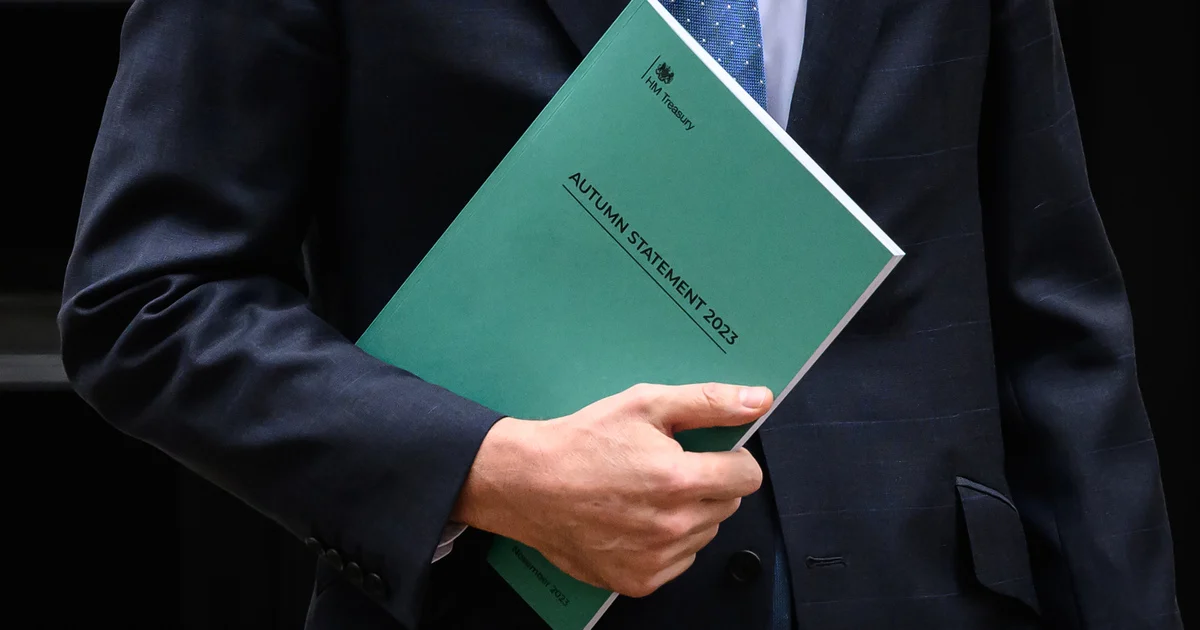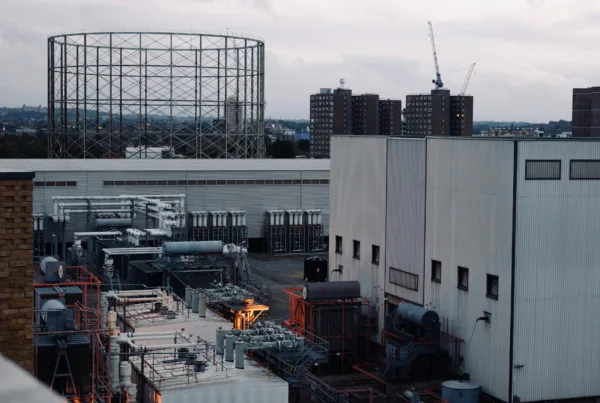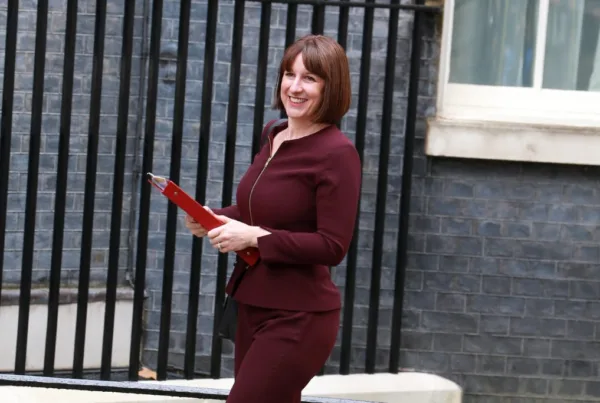The Chancellor’s 2023 Autumn Statement was a bold stride towards economic growth, leveraging the UK’s better-than-expected economic performance. Capitalising on increased tax receipts, the Chancellor introduced 110 growth-promoting measures aimed at invigorating the nation’s economy. Among the highlights were the permanent establishment of the ‘full expensing’ capital allowance, significant reforms in R&D tax credits, and enhanced business rates support for small businesses.
For HMA Tax, our clients and our partners, the focal point was on Full Expensing. Since the Government’s policy on full expensing was announced in the 2023 Spring Budget, a criticism has been the fact that it was set to expire at the end of March 2026. This created a potential cliff edge and failed to address calls from businesses for a capital allowances regime which delivered long-term certainty. The policy intention had always been to make full expensing a permanent feature of the capital allowances regime, subject to the caveat that it must be ‘economically feasible’.
In the Autumn Statement, the Chancellor determined that the time has come for full expensing to become a permanent part of the Capital Allowance regime. In addition, tax incentives in investment zones and freeports have been extended, and new investment zone locations were announced in England and Wales.
What Is Full Expensing?
A Catalyst for Business Investment
Introduced in the Spring Budget of 2023 for an initial period of three years starting from 1 April 2023, Full Expensing emerged as a robust stimulus for business investment. The Chancellor’s vision to make this measure permanent, once economic conditions were favourable, has now come to fruition. According to estimates by the Office for Budget Responsibility (OBR), this move is projected to spur an additional £14 billion in business investment by 2028-29.
Full Expensing allows companies subject to corporation tax to benefit from a 100% First-Year Allowance (FYA) for capital expenditure on qualifying plant and machinery. This measure can significantly reduce tax payable – by as much as 25p for every £1 invested in eligible assets.
Furthermore, a 50% FYA is available for new and unused special rate plant and machinery, including integral features in buildings and long-life assets. These typically qualify for 6% writing down allowances, highlighting the depth and breadth of the policy’s impact.
Stimulating Long-Term Investment Planning
The permanence of Full Expensing is a game-changer for businesses. It not only incentivises immediate investment in plant and machinery but also provides a framework for long-term planning, giving businesses certainty about the tax allowances and deductions available for future investments.
Ongoing Consultations and Future Developments
There is also a technical consultation underway, exploring potential changes to the broader capital allowances regime, aimed at simplification and efficiency. This consultation, however, will focus specifically on plant and machinery rules and will not extend to other capital allowances like structures, buildings, or R&D allowances.
Importantly, a working group is being established to discuss the possibility of extending Full Expensing to the leasing sector, currently excluded from this relief. This consideration could significantly broaden the reach of Full Expensing, ensuring a more inclusive and equitable application across various business sectors.

James Telling
Head of Developments & Acquisitions
If you own a commercial property and would like to find out more about how your business could improve its tax situation, please call James on 01384 904090 or email james@hma.tax for more information.




